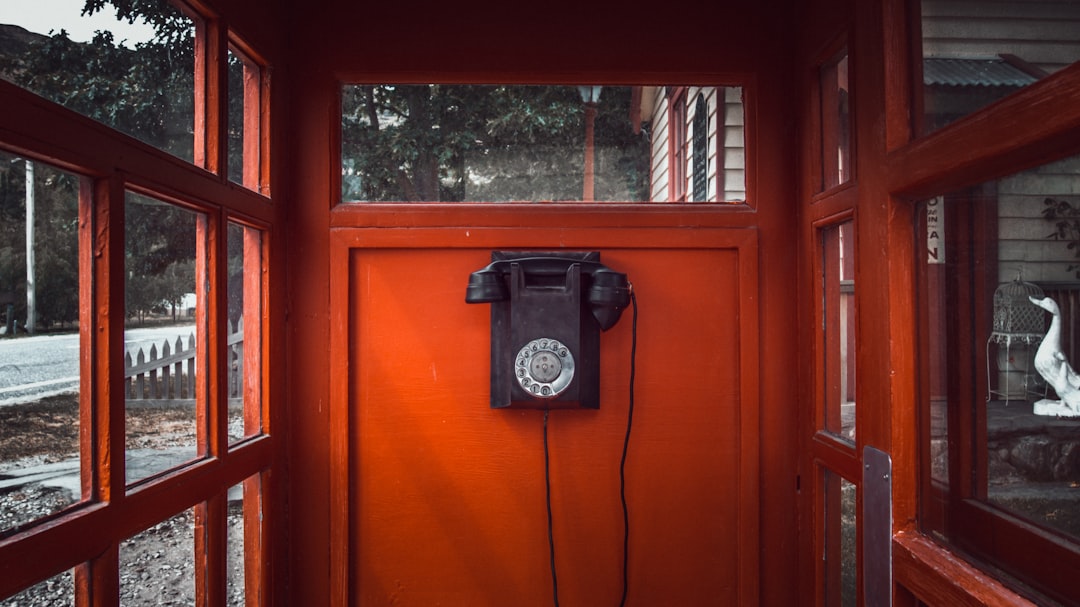Pennsylvania residents can protect their phone privacy during elections by registering on the state's "Do Not Call" list, which blocks most telemarketing and political robocalls. For added protection against unwanted political calls, consulting a specialized Do Not Call Lawyer/Attorney in Pennsylvania is recommended. These professionals help with listing on national registries, enforce Do Not Call Rights, navigate Spam Call Laws, and even pursue compensation for violations through Do Not Call Law firms in the state.
Philadelphia residents face a growing nuisance in their daily lives: political robocalls. Understanding and leveraging Do Not Call Laws in Pennsylvania is crucial to mitigating this problem. This guide offers practical tips on how to stop political robocalls effectively. Additionally, it explores legal options, including hiring a Do Not Call Lawyer or Do Not Call Attorney in Philadelphia, for those seeking more robust solutions under Spam Call law firms and Do Not Call laws in Pennsylvania.
Understanding Do Not Call Laws in Pennsylvania

In Pennsylvania, residents have the benefit of state-level Do Not Call laws designed to protect them from unwanted phone calls, including political robocalls. These laws are enforced by the Pennsylvania Public Utility Commission (PUC), which oversees telecommunications regulations. Under these rules, businesses and organizations, including political campaigns, are prohibited from making automated telemarketing calls to residents who have registered their numbers on the Do Not Call list.
If you’re receiving political robocalls despite being on the Do Not Call list, you may want to consult a Do Not Call Lawyer Pennsylvania or Do Not Call Attorney Pennsylvania. Legal experts specializing in spam call laws can help you understand your rights and take appropriate action against violators. There are serious consequences for businesses that disregard Do Not Call Laws Pennsylvania, including fines and legal repercussions, so it’s crucial to be aware of your rights and options under the state’s regulations.
How to Stop Political Robocalls Effectively

Philadelphia residents are no strangers to political robocalls, especially during election seasons. However, there are effective ways to combat this nuisance and protect your privacy. The first step is to familiarize yourself with Pennsylvania’s Do Not Call Laws. These laws empower residents to register their phone numbers on the state’s official Do Not Call List, blocking most telemarketing calls, including political robocalls. Registration can be done online or via mail, making it a straightforward process.
Additionally, considering hiring a Do Not Call Lawyer or Attorney in Pennsylvania who specializes in telecommunications law can offer expert guidance and legal protection against unwanted political calls. These professionals can help you understand your rights under the Spam Call Law and take proactive measures to enforce them. With their assistance, you may even be able to seek compensation for violations of Do Not Call Laws by Do Not Call Lawyers in Pennsylvania.
Legal Options: Hiring a Do Not Call Lawyer in Philadelphia

In Philadelphia, as across Pennsylvania, residents have legal options to combat political robocalls that are considered harassing or unwanted. One effective approach is to consult a Do Not Call Lawyer or Do Not Call Attorney specializing in state and federal Do Not Call Laws. These legal professionals can guide you through the process of registering your number on national “Do Not Call” lists and taking legal action against political campaigns that repeatedly violate these laws.
Hiring a lawyer specialized in Spam Call law firms in Pennsylvania is beneficial due to their expertise in navigating complex regulations surrounding political communication. They can represent you in cases involving Do Not Call Lawyers or Do Not Call Law firms and ensure your rights are protected under the state’s Do Not Call laws. By taking this step, Philadelphia residents can effectively reduce the volume of political robocalls they receive, enjoying a quieter and less disruptive communication environment.






